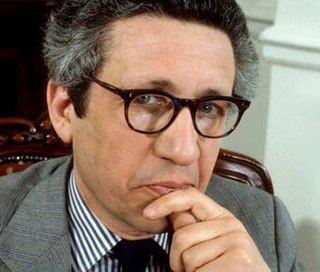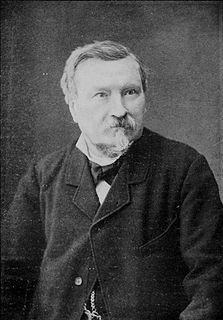A Quote by Albert Camus
None of the evils which totalitarianism ... claims to remedy is worse than totalitarianism itself.
Related Quotes
Hannah Arendt in her study of totalitarianism borrowed from Immanuel Kant the concept of radical evil, of evil that's so evil that in the end it destroys itself, it's so committed to evil and it's so committed to hatred and cruelty that it becomes suicidal. My definition of it is the surplus value that's generated by totalitarianism. It means you do more violence, more cruelty than you absolutely have to to stay in power.
Totalitarianism is never content to rule by external means, namely, through the state and a machinery of violence; thanks to its peculiar ideology and the role assigned to it in this apparatus of coercion, totalitarianism has discovered a means of dominating and terrorizing human beings from within.
Remember what Hannah Arendt said when she was talking about fascism and totalitarianism. She said thoughtlessness is the essence of totalitarianism. So all of a sudden emotion becomes more important than reason. Ignorance becomes more important than justice. Injustice is looked over as simply something that happens on television. The spectacle of violence takes over everything.
Yet optimism is in order, because day by day democracy is proving itself to be a not-at-all-fragile flower. From Stettin on the Baltic to Varna on the Black Sea, the regimes planted by totalitarianism have had more than 30 years to establish their legitimacy. But none - not one regime - has yet been able to risk free elections. Regimes planted by bayonets do not take root.
If this practice [of totalitarianism] is compared with […] [the desert] of tyranny, it seems as if a way had been found to set the desert itself in motion, to let loose a sand storm that could cover all parts of the inhabited earth.
The conditions under which we exist today in the field of politics are indeed threatened by these devastating sand storms.








































